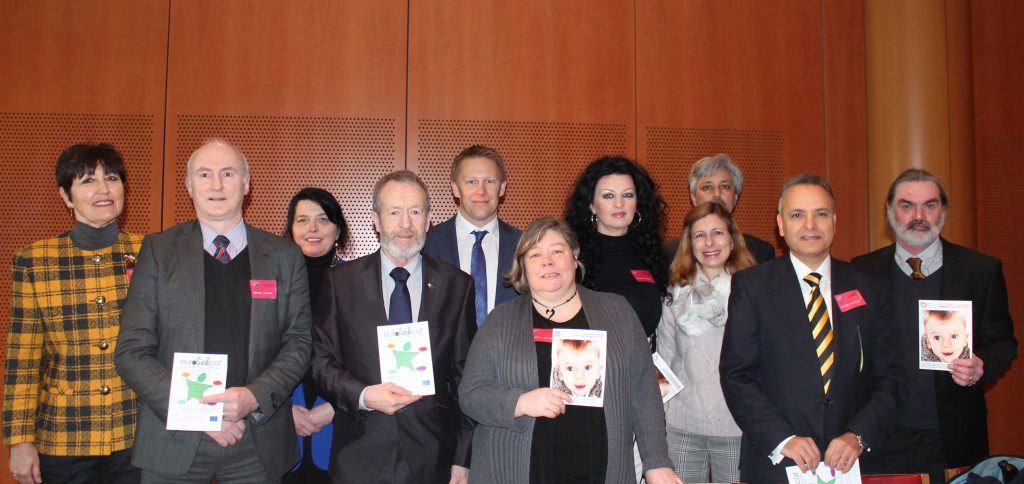Published: Tue, 27 February 2018
Share this

2.5 percent of all babies in Europe are born with birth defects, and that figure rises to 10pc when pre-term births are included with significant variations per country, attendees at a special event hosted by Seán Kelly MEP in the European Parliament, Brussels heard on Tuesday.
The Ireland South MEP and Leader of the Fine Gael delegation in the European Parliament hosted the gathering involving individuals and families born with birth defects in Europe this week with fellow MEPs and experts in order to raise awareness of the issues and call for positive action to prevent inequality.
“Today’s event is a forum to highlight inequality in access to care, and a compelling example of this is one relatively common birth defect, cleft lip and palate, which will be discussed today. The workshop will also be used as a forum to discuss and propose solutions in the context of research,” said MEP Kelly.
Expert speakers outlined how one in 700 births will have a cleft lip and/or palate, the most common birth defect affecting the head and face region. Estimates indicate there are over 900,000 individuals living with clefts in Europe, burdened by a complex treatment pathway from birth to adulthood, and affecting the patients and their families both physically and psychosocially throughout life.
The workshop outlined the medical, social and psychological problems of those born with facial clefts plus the inequalities in access to care depending on country of birth. Interventions and education that transforms lives for the benefit of the individuals, their families and society were also explored. MEPs present called on the European Commission to take action to effect change in this regard as did experts such as Amanda Neville from EUROCAT, Emma Southby from the European cleft Organisation and Ashraf Ayoub from the University of Glasgow.
Speakers included Peter Mossey, a Professor of Craniofacial Development at the University of Dundee in Scotland, the Executive Director of the European Cleft Organisation, Gareth Davies, and Martin Persson from the University of Kristianstad in Sweden who has worked extensively with the psychological and social determinants surrounding craniofacial anomalies.